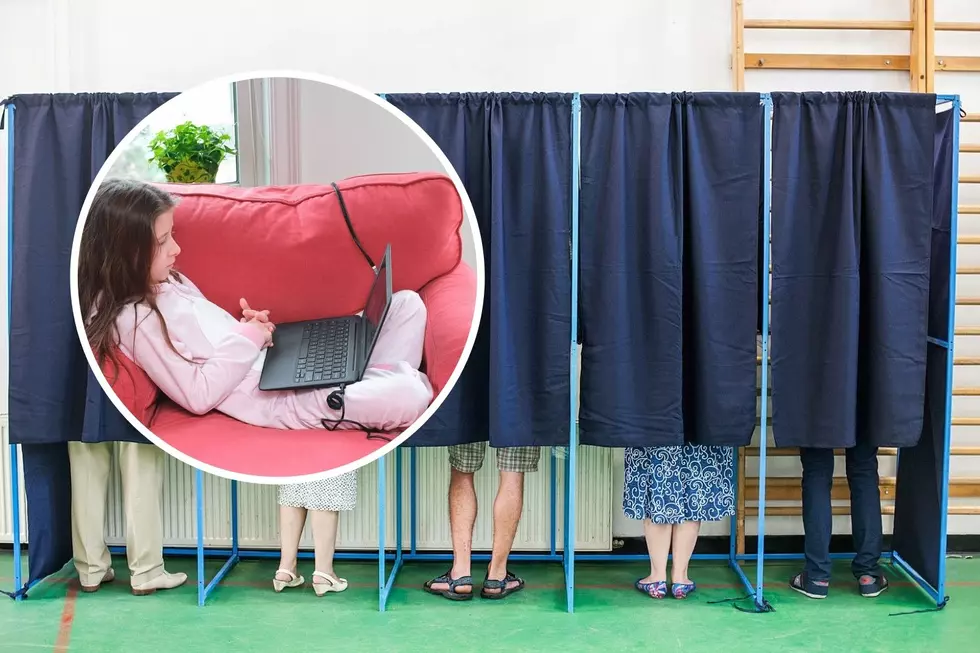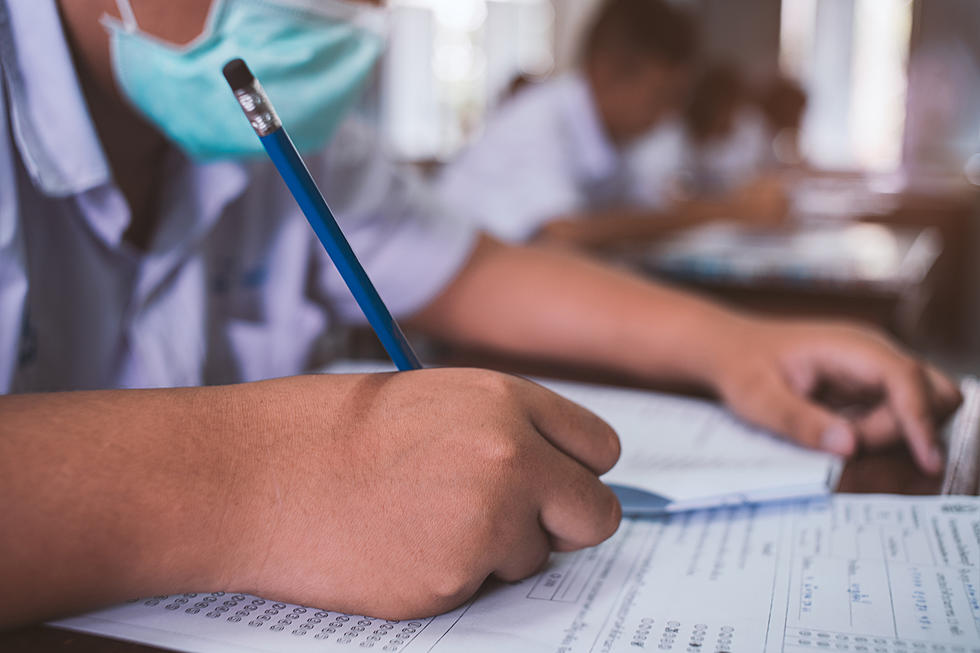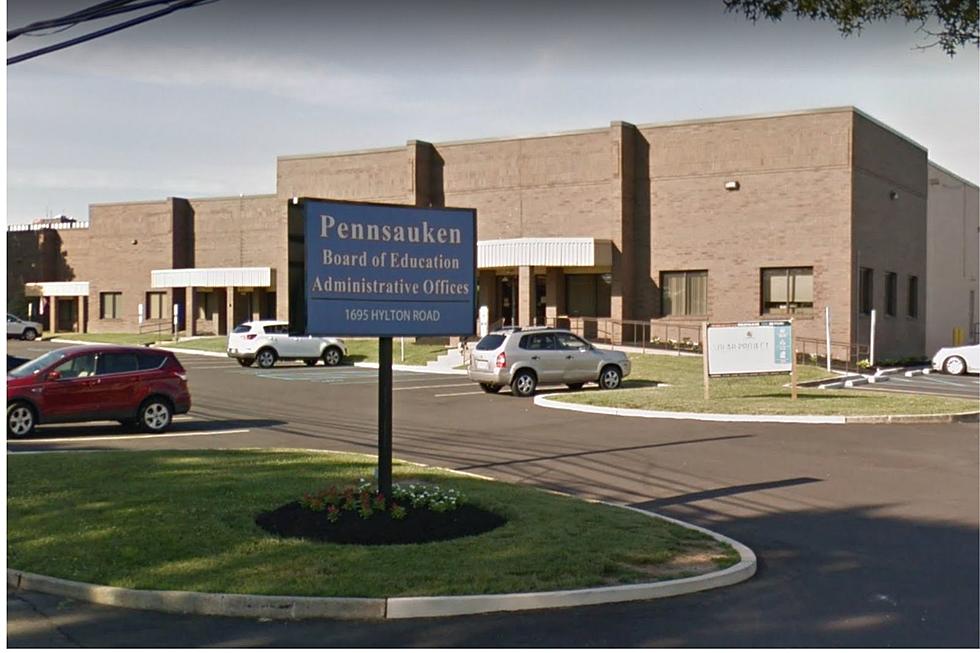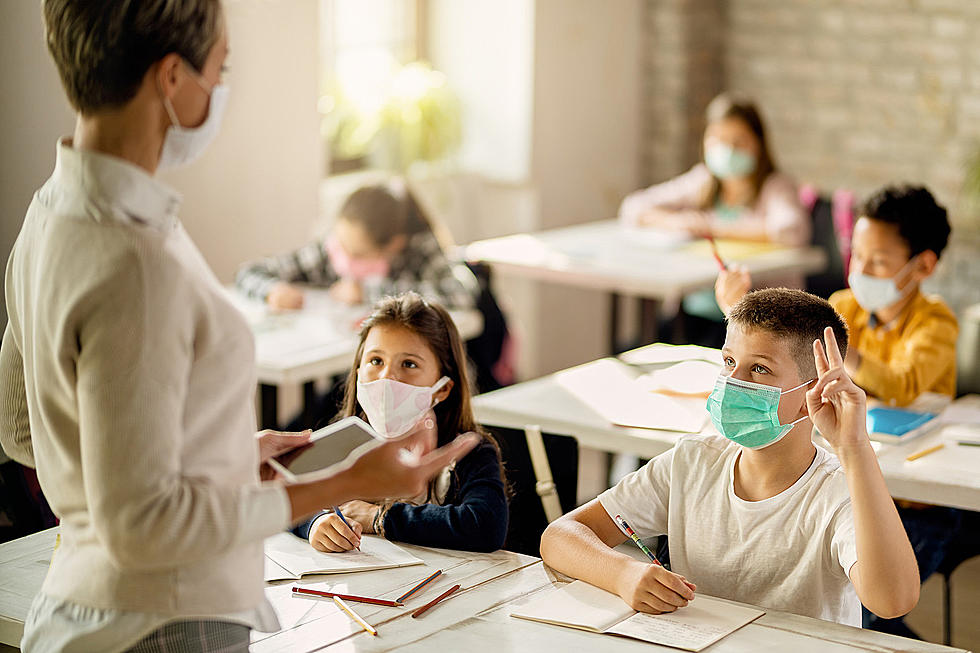![NJ Schools Consider CO Detectors After Georgia Scare [AUDIO]](http://townsquare.media/site/385/files/2011/12/kidde-b00004wa4c-4-lg.jpg?w=980&q=75)
NJ Schools Consider CO Detectors After Georgia Scare [AUDIO]
Its colorless, odorless and could be fatal. New Jersey officials are taking a closer look at installing carbon monoxide detectors in schools after dozens of students and teachers were hospitalized at a school in Georgia.
A leak at an Atlanta elementary school sent 42 students and seven adults to hospitals.
The detectors are not required in schools by law in Georgia and other states. Connecticut requires them in schools, while Maryland requires them in newly built and remodeled schools. Building codes and local rules can require them in schools elsewhere.
New Jersey has no law on the books that requires CO detectors in schools, but some districts have installed them anyway as a safety precaution.
"Most schools around the state have carbon monoxide detectors in their boiler rooms or immediately outside their boiler rooms," said Charlie Miele, Director of the New Jersey Buildings and Grounds Association.
But Miele also says that's not enough.
"Do all schools have them, no...should they have them, of course," he said.
Carbon monoxide poisoning claimed the lives of a number of New Jerseyans after Hurricane Sandy who were using generators improperly. Students and teachers in Georgia were sickened from a faulty furnance.
"They are inexpensive and they save lives, that's the botom line," said Miele. "We have them in our homes, so we need to have them in our schools."
Leaks are not unheard of. A malfunctioning water heater was blamed for sending higher-than-normal levels of carbon monoxide through an elementary school in Glen Rock, Penn., in September, sickening around 40 people. In February 2011, about 40 students and faculty were treated for suspected carbon monoxide poisoning at Snow College in Ephraim, Utah. Another carbon monoxide leak forced the evacuation of an elementary school in St. Paul, Minn., in 2010. Firefighters traced a leak back to basement boilers.
A model environmental policy for schools published by the U.S. Environmental Protection Agency recommends that schools install carbon monoxide detectors near combustion sources, such as boilers, stoves and water heaters. It also advises that ventilation systems receive regular maintenance.
"Is it something the state should look at yes...is it something the state Department of Education should look at, definitely," said Miele.
More From New Jersey 101.5 FM









